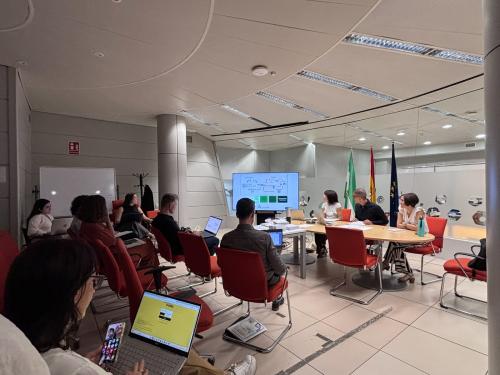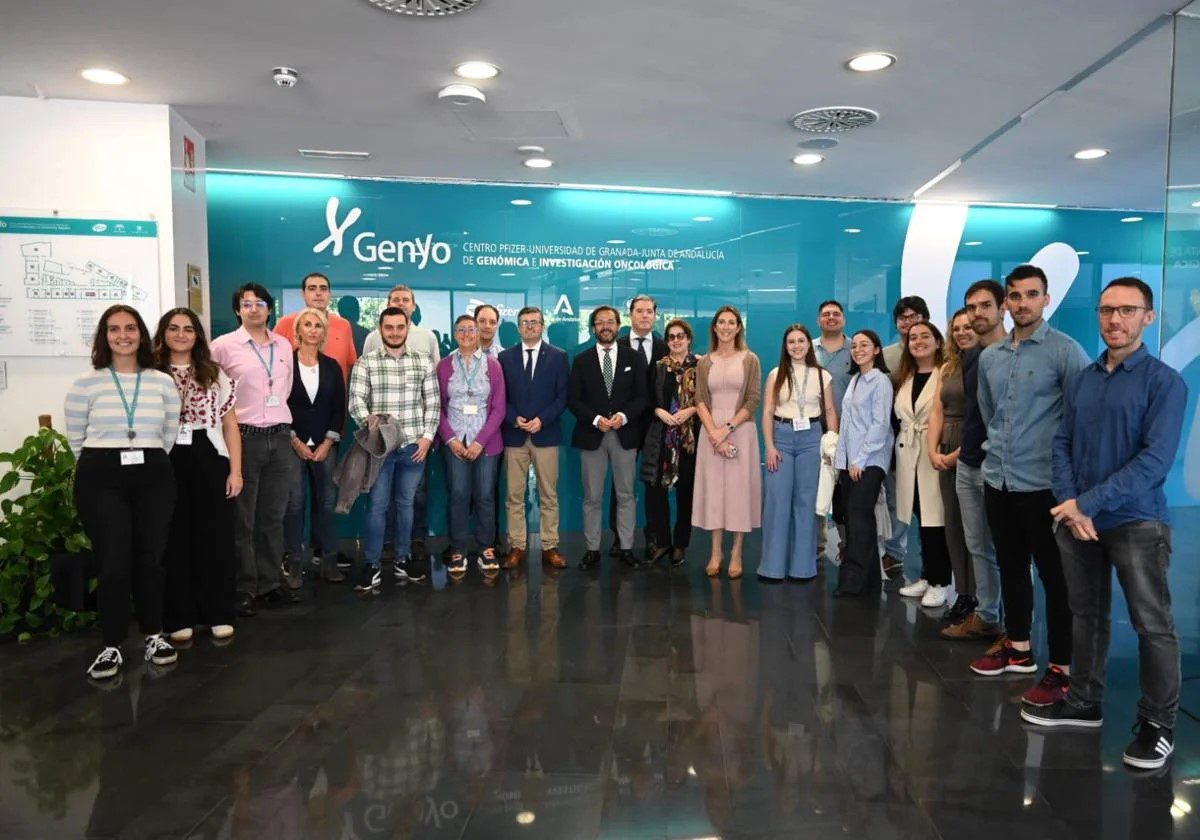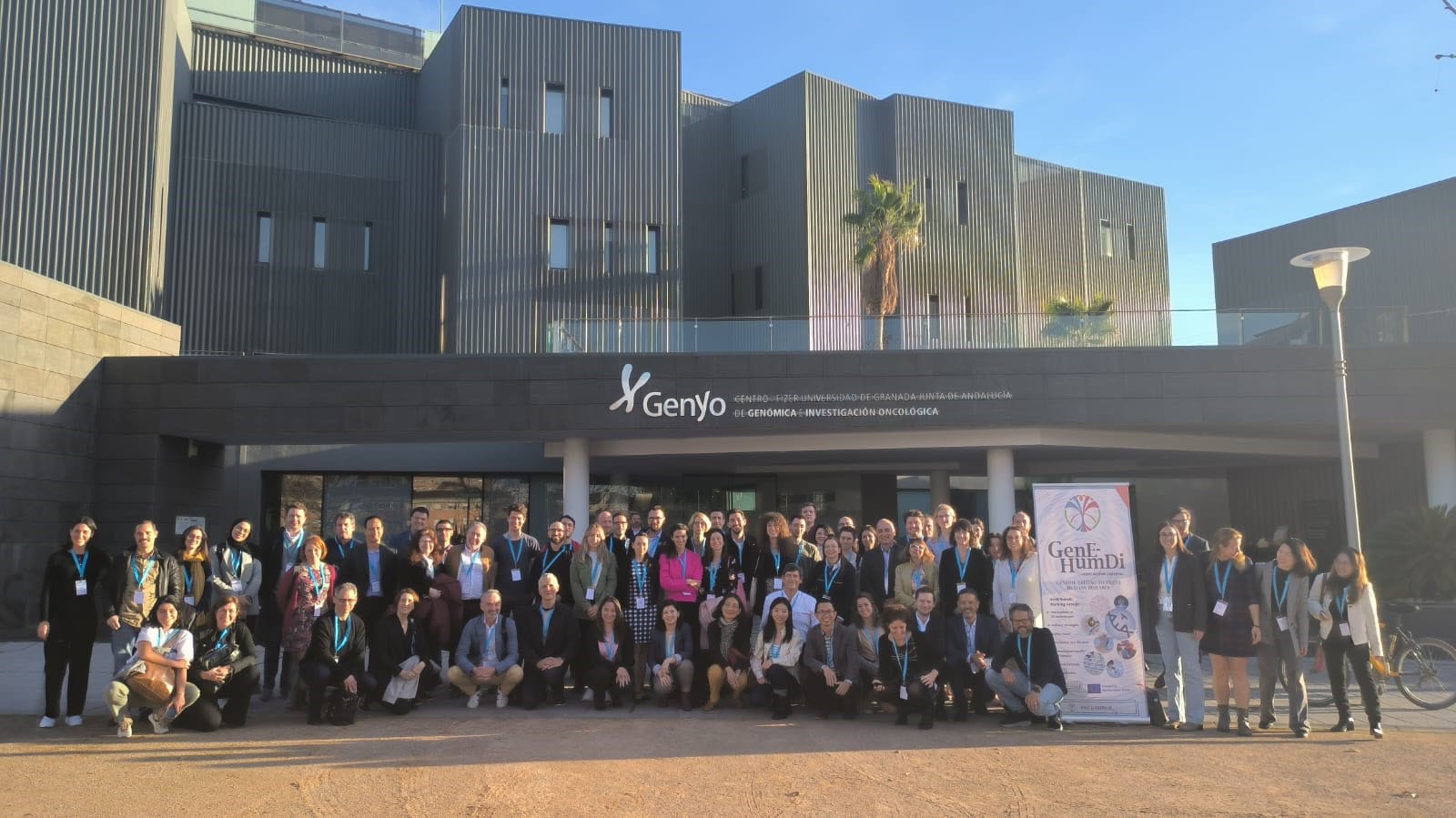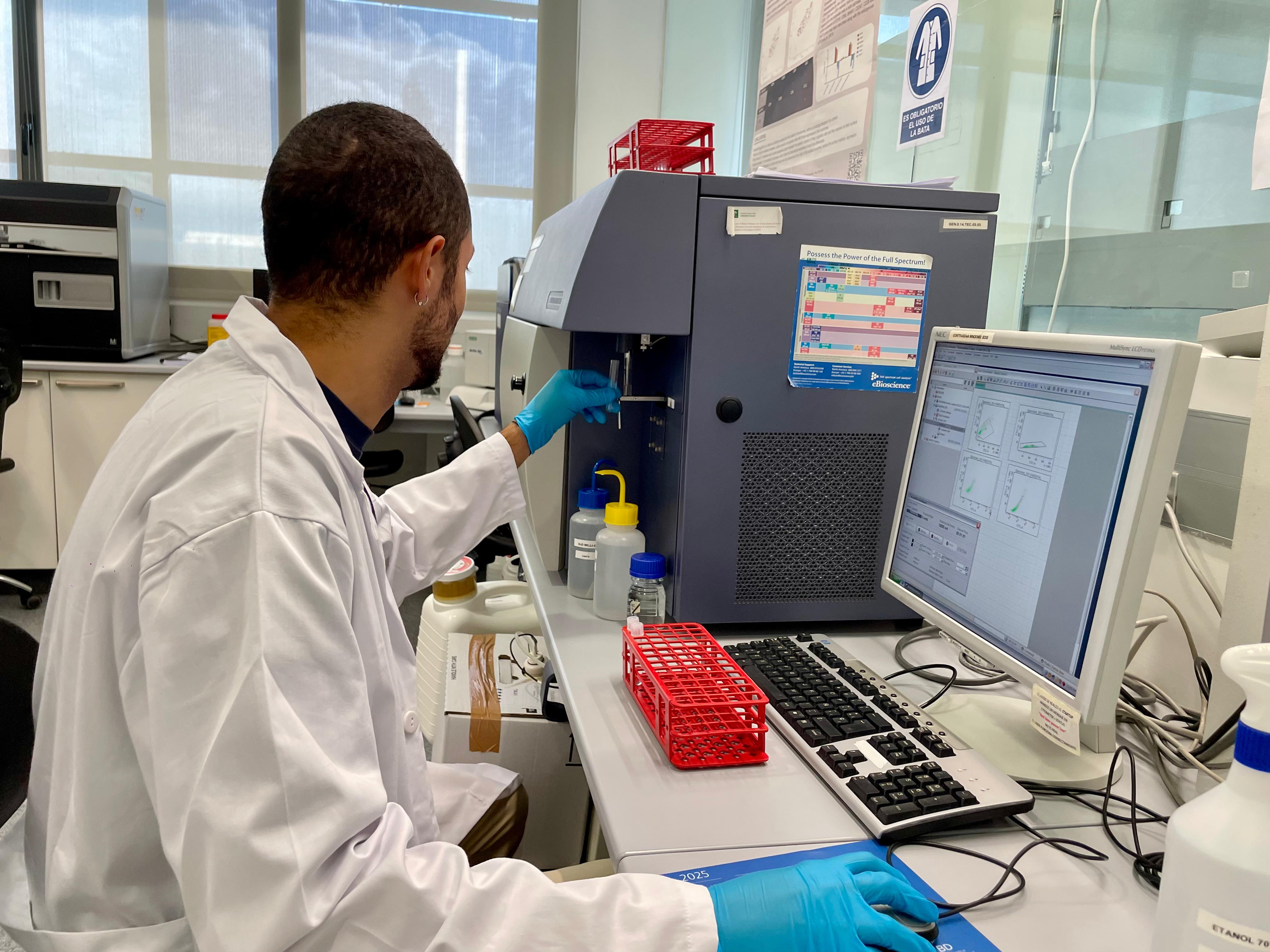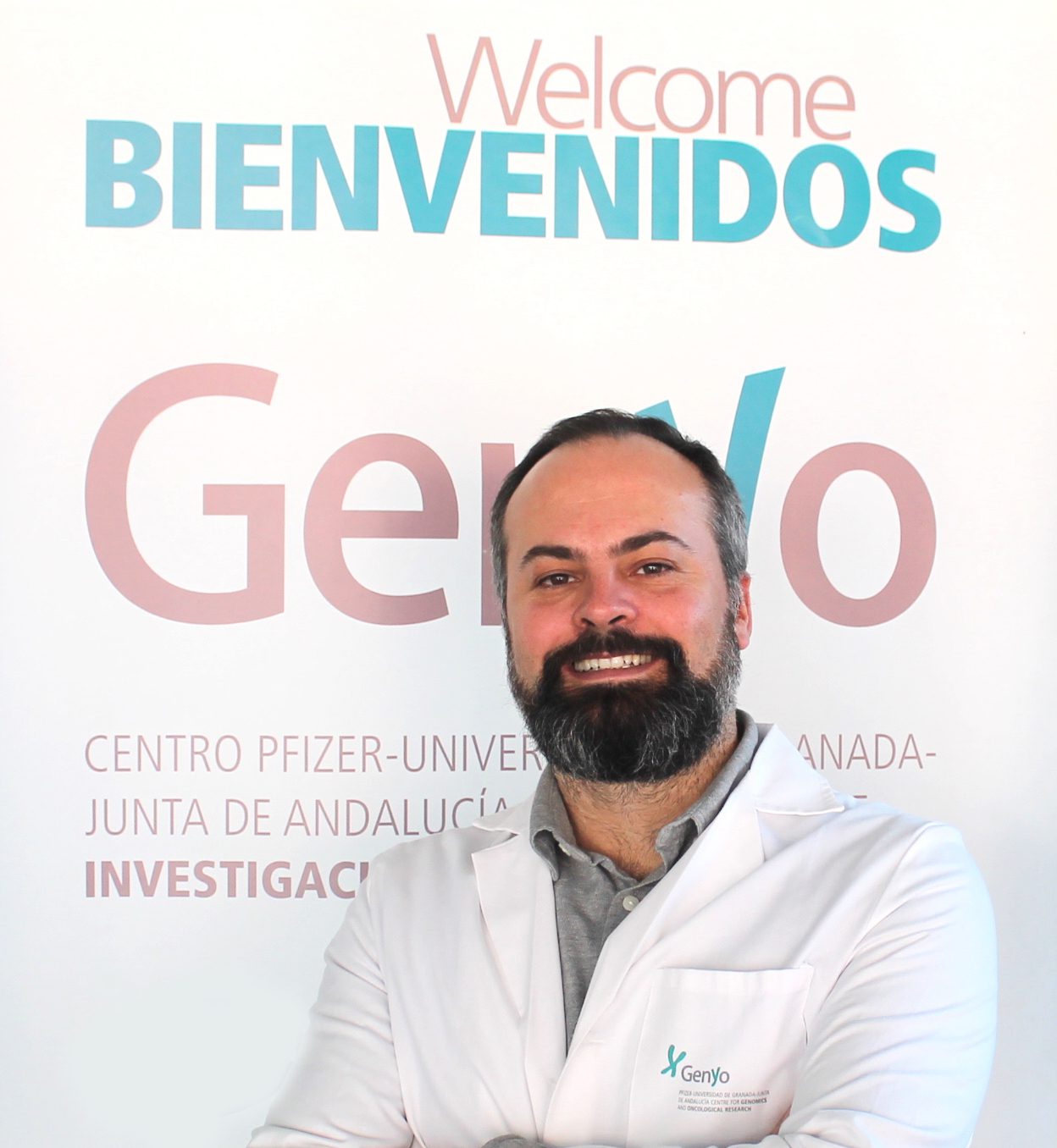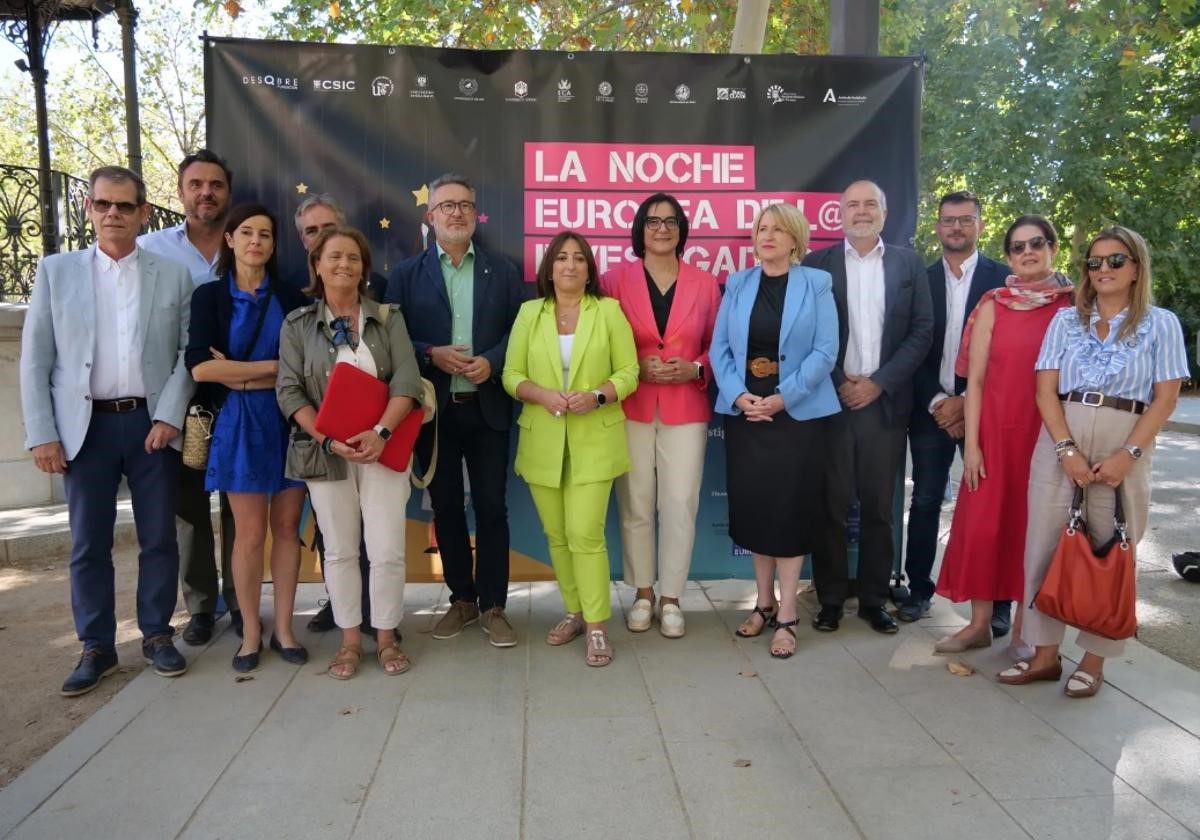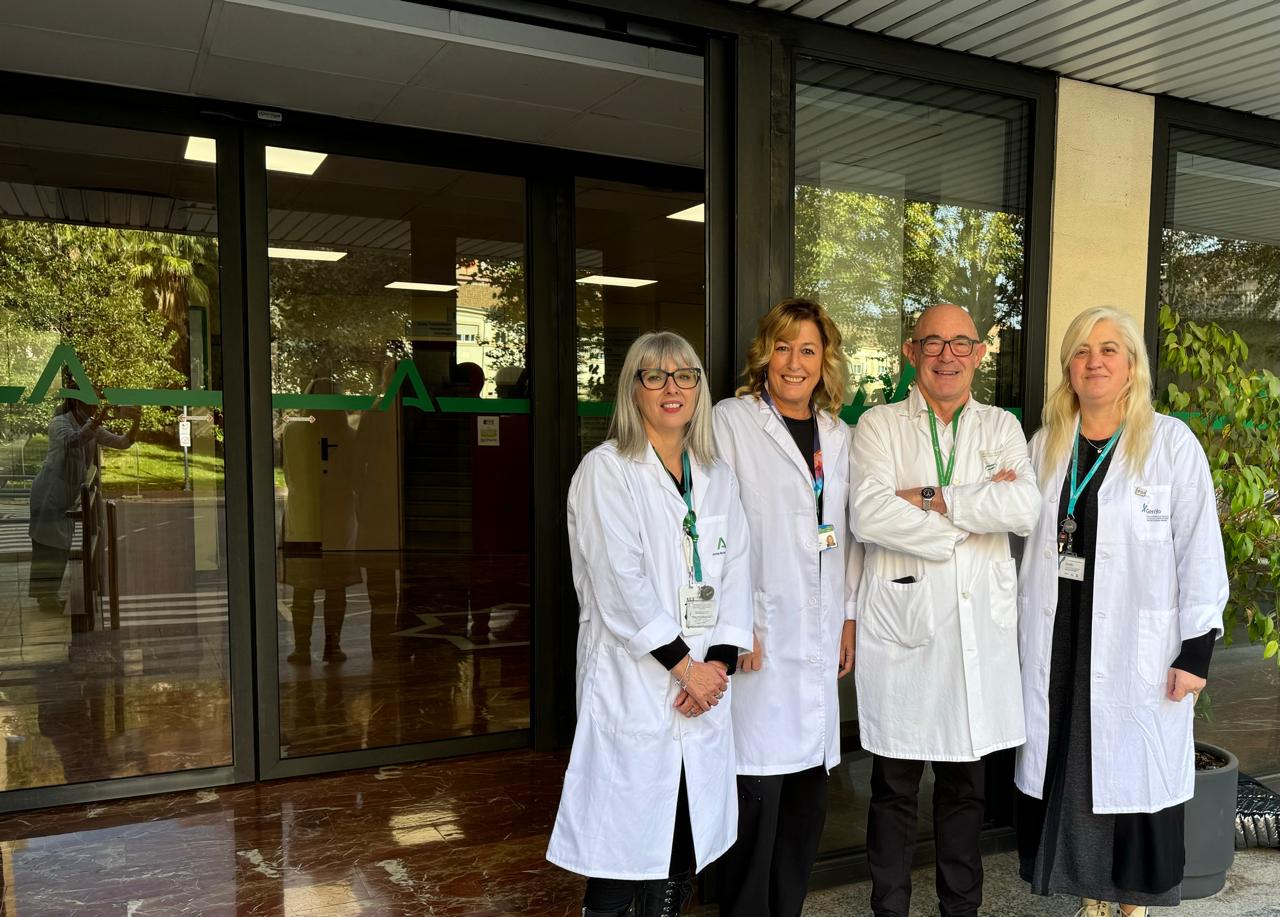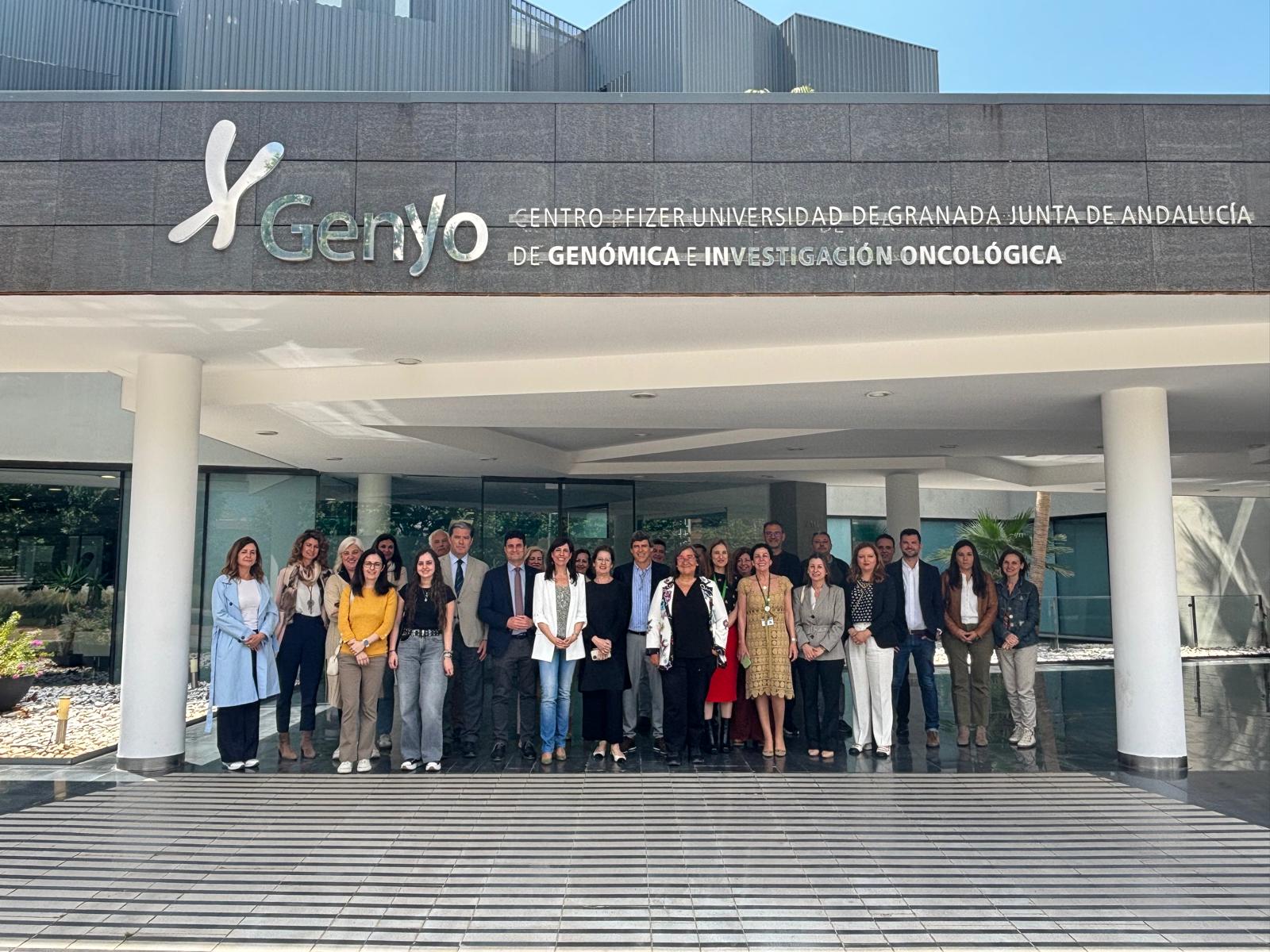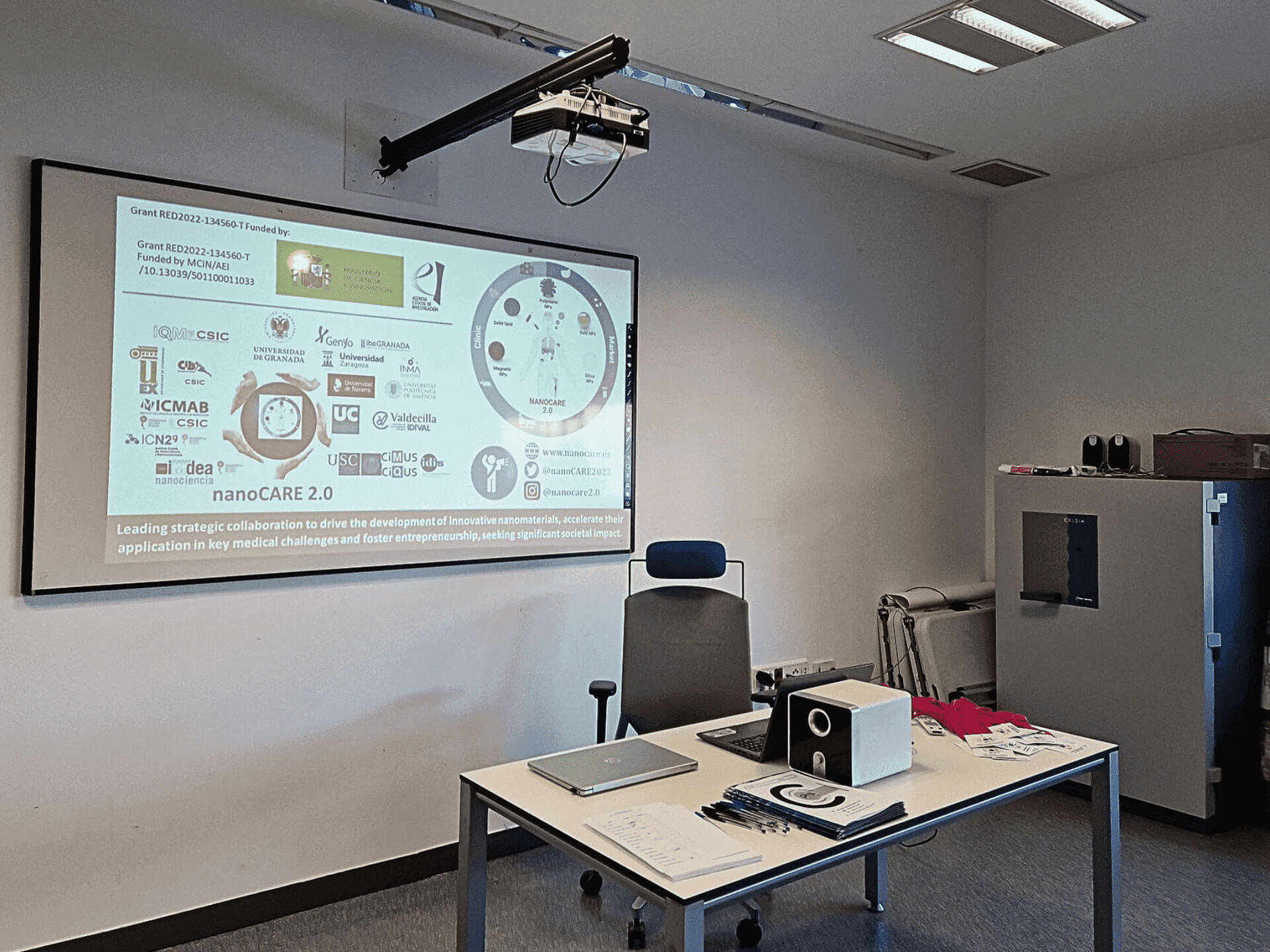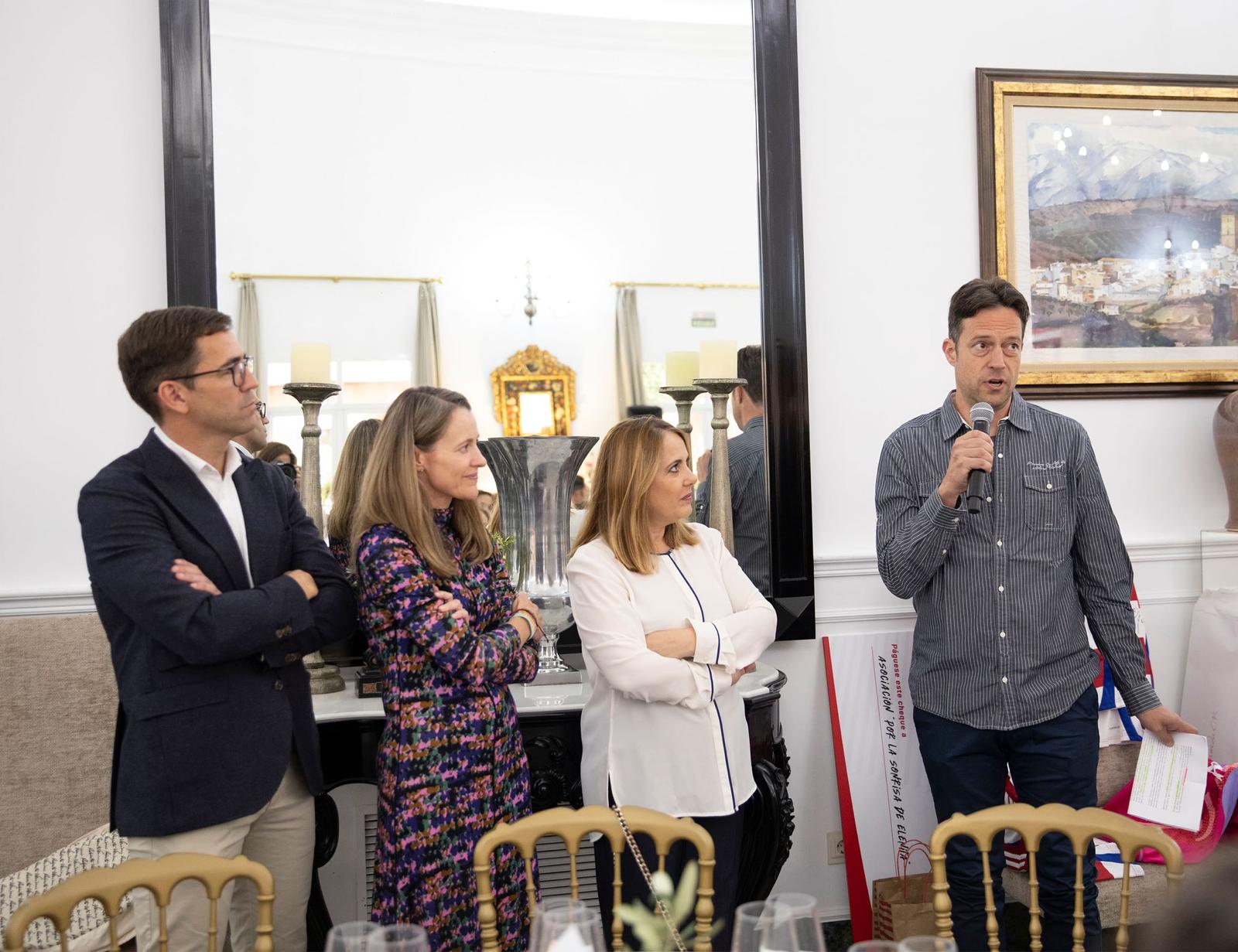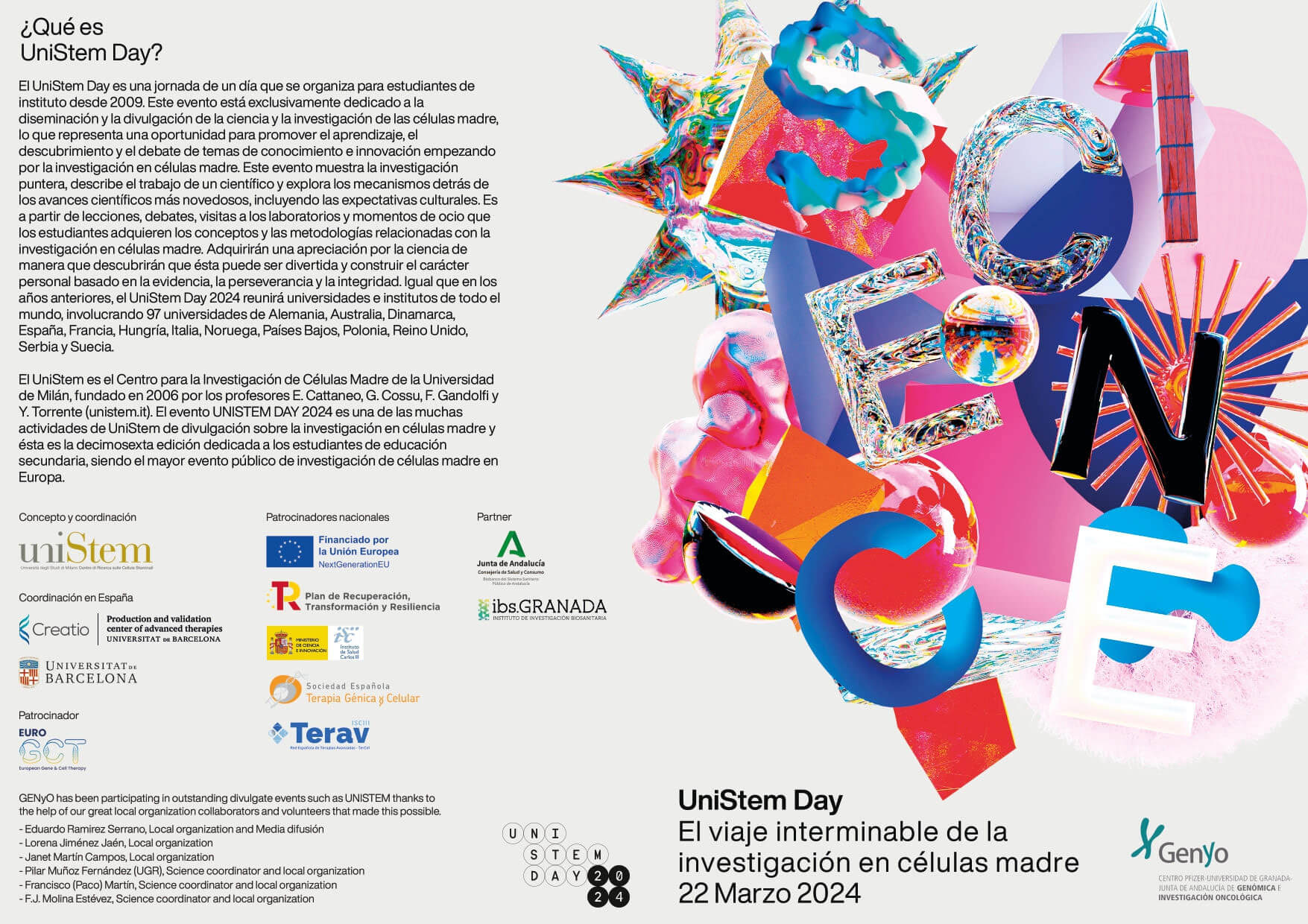
There are no projects in the garbage can.
Around twenty professionals gathered at the Progress and Health Foundation, an entity dependent on the Regional Ministry of Health, Presidency, and Emergency, to analyze the regulatory aspects and clinical application of gene therapy during a working day. Specifically, the workshop, entitled “Regulatory framework and clinical applications in gene editing: formulation of guidelines and industrial agreements,” was held within the framework of the European COST Network for Genomic Editing for the Treatment of Human Diseases (GeneHumdi | COST Action), led by Karim Benabdellah, a scientist at the Fundación Progreso y Salud at the GENyO center in Granada.
Genomic editing allows DNA sequences to be “edited” by repairing mutations that cause certain diseases such as lymphomas and leukemias.
Twenty professionals gathered at the Progress and Health Foundation, an entity under the Regional Ministry of Health, Presidency, and Emergency Services, to analyze the regulatory aspects and clinical application of gene therapy during a working day.
This activity was organized to coincide with the 32nd Congress of the European and Spanish Societies for Gene and Cell Therapy, which took place at the Exhibition and Congress Center in Seville.
Specifically, the workshop, entitled “Regulatory framework and clinical applications in gene editing: formulation of guidelines and industrial agreements,” was held within the framework of the European COST Network for Genomic Editing for the Treatment of Human Diseases (GeneHumdi | COST Action), led by Karim Benabdellah, a scientist at the Fundación Progreso y Salud at the Genyo center in Granada. The experts discussed the regulatory aspects of advanced therapy medicines, with a special emphasis on new gene editing tools. In this regard, the Andalusian Network for the Design and Translation of Advanced Therapies of the Progress and Health Foundation participated as an organizer in the development and organization of the workshop.
The workshop provided an opportunity to share and analyze guidelines and regulatory documents to ensure the safe, ethical, and clinically appropriate use of gene editing technologies. There was also time to analyze current regulatory challenges, with a focus on ethical, social, legal, pediatric, and safety aspects, as well as to define models of industrial collaboration between academia, regulatory bodies, and industry for the responsible development of genome editing technologies.
Continue reading: https://www.sspa.juntadeandalucia.es/servicioandaluzdesalud/todas-noticia/expertos-analizan-los-aspectos-regulatorios-y-la-aplicacion-clinica-de-la-terapia-genica
See more news


